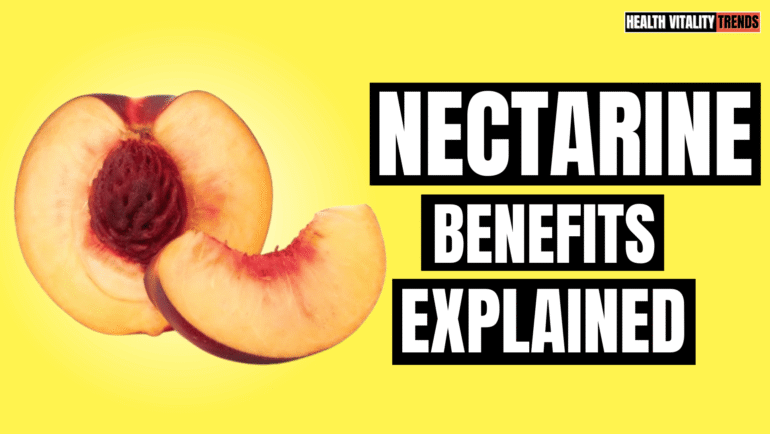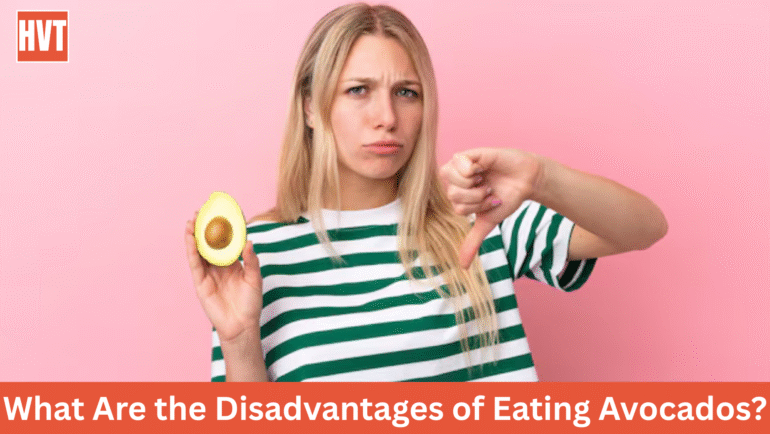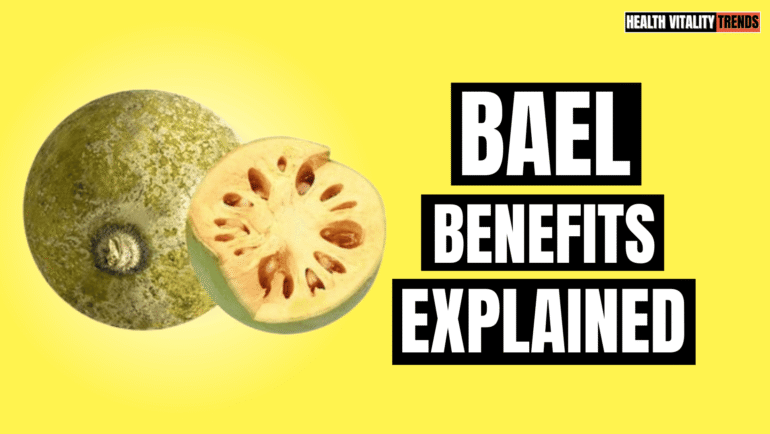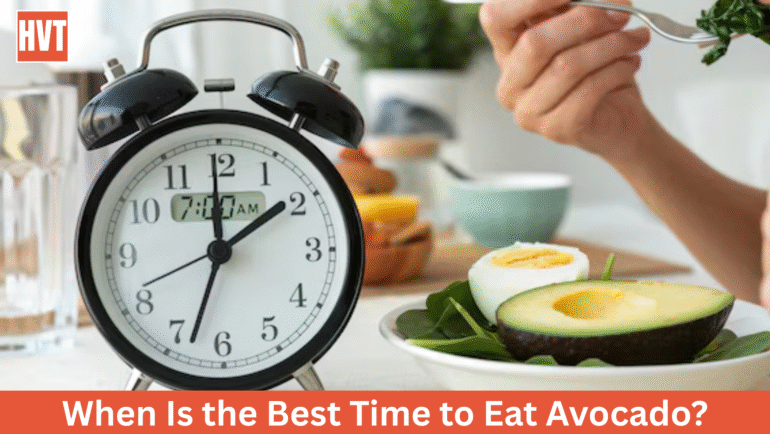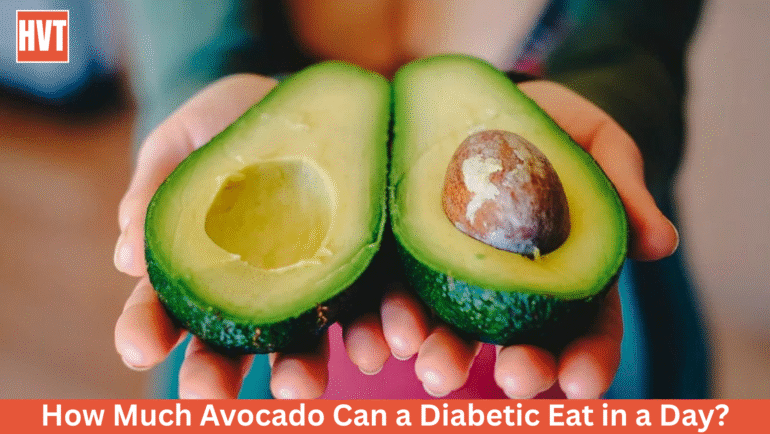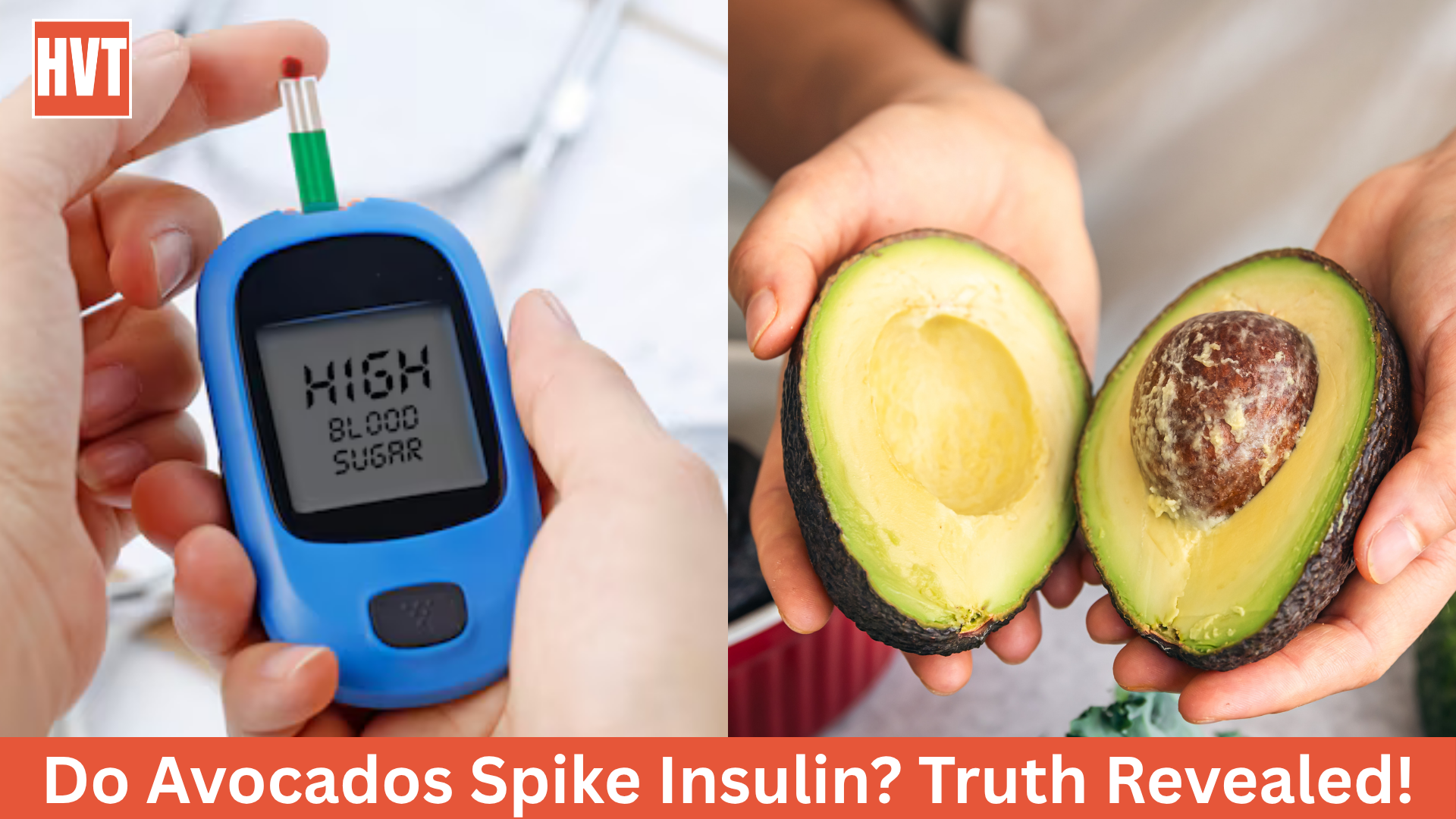
Do Avocados Spike Insulin? Truth Revealed for Diabetics and Health-Conscious Eaters
Avocados are low in carbs and high in healthy fats, but do they affect insulin levels? Here’s what science says about their impact on blood sugar and diabetes management.
Avocado, also known to be a superfood. It is a unique fruit that is highly nutrient-dense in nature. It is packed with a healthy amount of monounsaturated fats, fiber, and essential nutrients with exceptionally low carbohydrates.
For diabetics as well as fitness/health-conscious individuals, is it necessary to know for, Do avocados spike insulin? The good news is that, unlike other fruits, avocados have a minimal effect on blood sugar and insulin secretion. It is due to its low Glycemic Index (GI) and high fiber content.

Avocado Nutrition Facts (Per 100g)
| Nutrient | Amount | % Daily Value* |
|---|---|---|
| Calories | 160 kcal | 8% |
| Total Fat | 15g | 19% |
| Monounsaturated | 10g | – |
| Polyunsaturated | 2g | – |
| Total Carbohydrates | 9g | 3% |
| Dietary Fiber | 7g | 25% |
| Net Carbs | 2g | – |
| Protein | 2g | 4% |
| Potassium | 485mg | 10% |
| Vitamin K | 21µg | 18% |
| Folate | 81µg | 20% |
Also Read
➧ How to Eat Avocado for Diabetes? Timing & Method!
➧ When Is the Best Time to Eat Avocado?
➧ How Much Avocado Can a Diabetic Eat in a Day?
Research has shown that adding avocado to your diet slows down digestion. In the case of a diabetic individual, this would prevent rapid glucose absorption and avoid abrupt insulin spikes. A study published in the Nutrition Journal found that adding an avocado to your meals improves your post-meal blood sugar levels, especially in overweight adults.
Additionally, avocados contain compounds like polyols (sugar alcohols) that have minimal to zero effects on blood glucose. Their high fiber content (about 7g per half avocado) further aids in stabilizing insulin response by slowing carbohydrate breakdown.

Unlike fruits like banana and mango, which provide instant carbs and energy, avocados provide sustained energy without sharp insulin fluctuations for a long period of time, making them a diabetes-friendly food. For those already with insulin resistance medication or type 2 diabetes, adding avocados into meals may support better glycemic control.
In summary, avocados do not spike insulin. Furthermore, it is considered a smart choice of food for a balanced diet to stabilize blood sugar levels. Very helpful for individuals with diabetes, athletes with monitored nutrition, and all fitness/health-conscious individuals.
Also Read
➧ What Should Diabetics Drink First Thing In The Morning?
➧ Can a Diabetic Eat Avocado Before Bed?
Disclaimer: This article is for informational purposes only and does not offer medical advice or guarantee results. It is not intended to diagnose, treat, or cure any condition. Always consult a qualified healthcare professional before making lifestyle changes.



